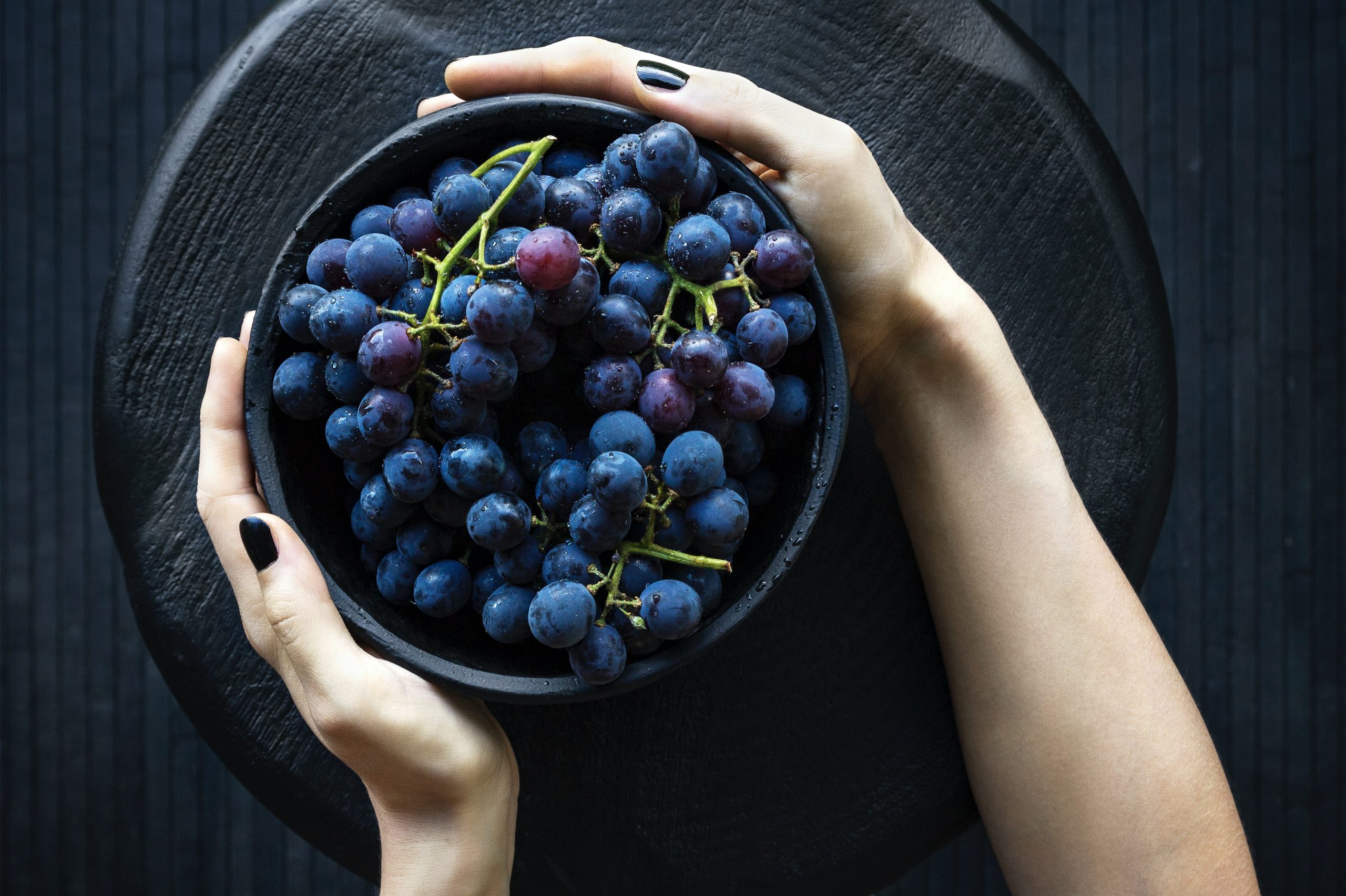
For seniors, maintaining a healthy diet is important to minimize the chance of illness, support longevity and boost energy levels. It’s well-known that as the body ages, health requirements like water and vitamin intake change. In fact, many seniors cope with dehydration-related accidents and vitamin deficiency. However, proper nutrition can help prevent and reduce the intensity of health conditions in seniors.
Unfortunately, implementing healthy diet changes is often easier said than done. Loss of appetite, low mobility and disease can all limit a senior’s ability to get nutritious food.
Fortunately, there are plenty of easy ways to help seniors eat healthy. Swapping out dried fruit for fresh fruit, “hiding” vegetables in a tasty smoothie and snacking on fiber-filled foods are just some of the ways seniors can get the nutrients they need to stay healthy.
Check out the infographic below for inspiration on how to encourage seniors to eat healthier. While these foods aren’t a cure-all for any health condition, they can help strengthen the body against disease and protect against future illness.
Whole foods do have an amazing ability to enhance seniors’ health and well being. If your weekly grocery list already contains a wide variety of fruits, vegetables, lean proteins, and whole grains…good for you and keep up the good work. On the other hand, if your grocery list leaves something to be desired, adding these nutrient-dense foods can supercharge your health and make you feel rejuvenated!
Also, if you’re not interested in cooking for yourself or find it a hassle to grocery shop, there are lots of great meal services out there just for older adults that can help incorporate these foods into your diet.
BLUEBERRIES
In a 2012 Annals of Neurology study, people who regularly ate blueberries experienced slower cognitive decline—an aging delay of as much as 2.5 years—than less avid berry eaters. They are a great source of vitamin K, and also contain vitamin C, fiber, and other antioxidants that are especially important for seniors. Try adding blueberries to your breakfast cereal, or blend them up in a smoothie. If buying fresh blueberries is too expensive or you don’t eat them quickly enough, frozen blueberries provide the same level of nutrients and can be stored for longer periods of time. Try adding blueberries to your breakfast cereal, or blend them up in a smoothie. If buying fresh blueberries is too expensive or you don’t eat them quickly enough, frozen blueberries provide the same level of nutrients and can be stored for longer periods of time.
GREEK YOGURT
10 years ago hardly anyone had heard of this once niche food that has seemingly overtaken supermarket shelves. Part of Greek yogurt’s popularity is due to its high protein content and great taste. It also provides high levels of calcium (good for preventing osteoporosis), potassium, and B12.
Protein consumption is very important for seniors because it helps to preserve muscle mass, and adults tend to start eating less meat past age 50. Enter Greek yogurt, which is a great high-protein snack for seniors eating less meat.
One thing to watch out for with Greek yogurt is the high sugar content of the flavored varieties. Opting for plain Greek yogurt would be the healthiest choice, and you can stir in fresh fruit or granola.
SPINACH
If it’s good for Popeye, it’s good for you! Leafy greens, not including iceberg lettuce which has little nutrient value, like spinach are perhaps THE most nutrient dense foods you can eat. Spinach is especially high in vitamin K, which aids bone health.
To get your daily dose of greens, you can sauté spinach in olive oil until wilted, blend into a delicious smoothie (you’ll barely notice the taste), or make yourself a fresh spinach salad with balsamic vinaigrette.
MIXED NUTS
While most nuts are high in fat, not all fats are bad. Nuts are high in Omega-3 fatty acids, which can help with inflammation and prevent chronic diseases like cancer.
Almonds are high in magnesium, pistachios are high in potassium, and even peanuts are considered pretty healthy for seniors. If your doctor wants you on a sodium-restricted diet, you can opt for unsalted mixed nuts.
The USDA recommends that you aim for 4 oz of nuts every week.
SALMON

Not everyone cares for fish, but for those who do salmon is an excellent choice. Salmon is chalked-full of Omega-3 fatty acids, which help keep your heart healthy and greatly decreases brain cell loss. It’s also high in vitamin D (which is especially important during the winter), which helps keep seniors’ bones strong.
Aim for eating oily fish like salmon 1-3 times/week, and avoid smoked salmon (or lox) if your doctor recommends a low sodium diet for you.
CARROTS
Carrots are very high in vitamin A, and numerous studies have shown that individuals consuming high level of that particular vitamin are less likely to develop Alzheimer’s disease. One 7-inch carrot delivers the daily-recommended dose of vitamin A. Having a small bag of baby carrots on hand for a snack is always a good idea!
DARK CHOCOLATE
We all love our sweets, senior’s included! But find a satisfying treat that isn’t detrimental to your health is tough with all the indulgent options out there.

For seniors with a sweet tooth who are watching what they eat, dark chocolate is a healthy alternative to other dessert options. Dark chocolate is high is antioxidants, which help neutralize free radicals that can cause a variety of diseases. The cocoa butter is also good for seniors wanting to control their cholesterol level.



0 Comments